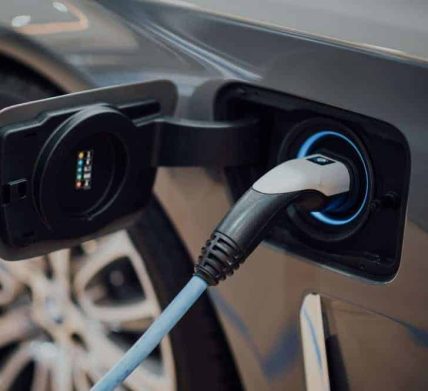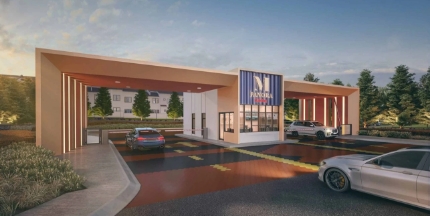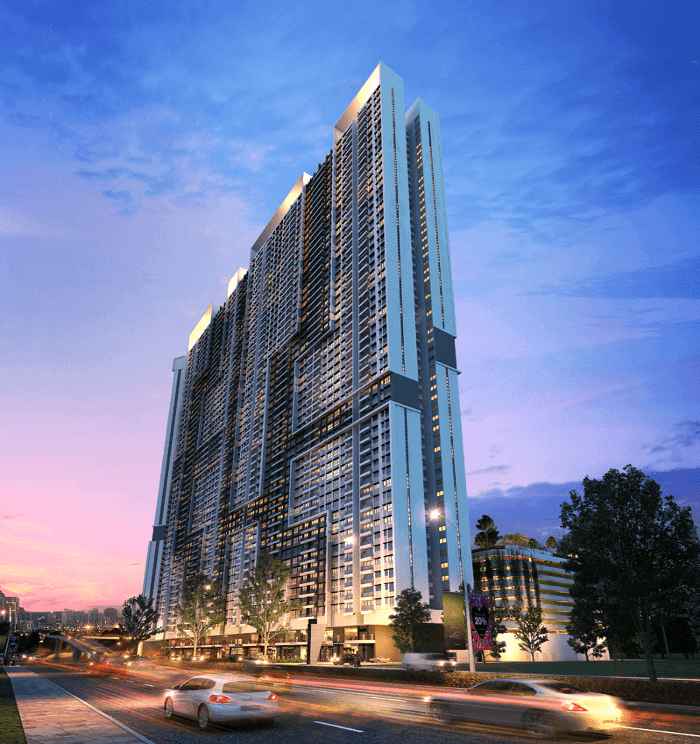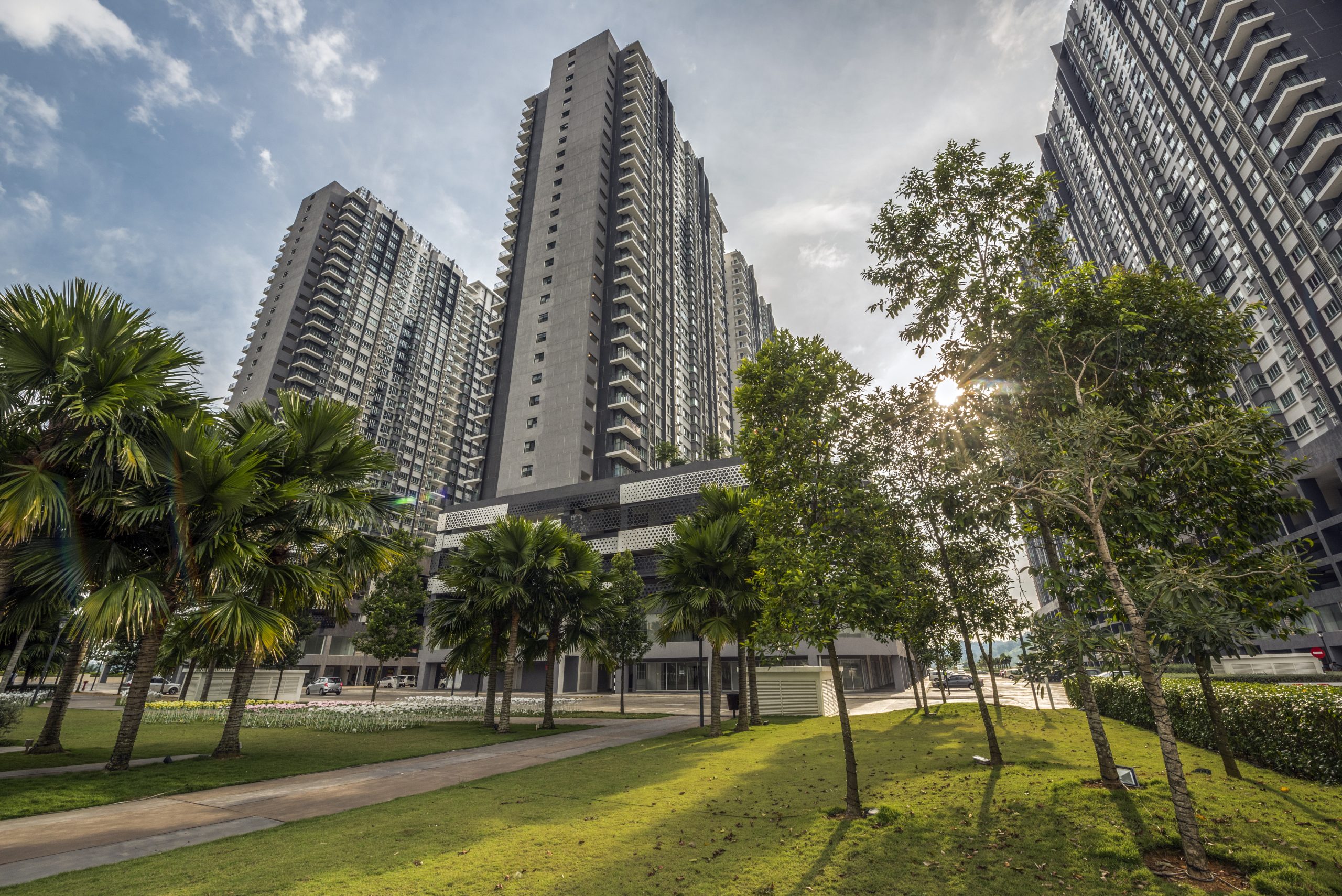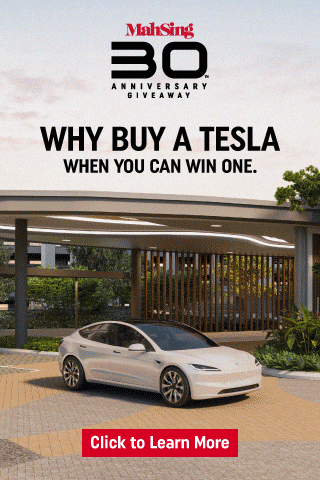1. Lack of charging stations
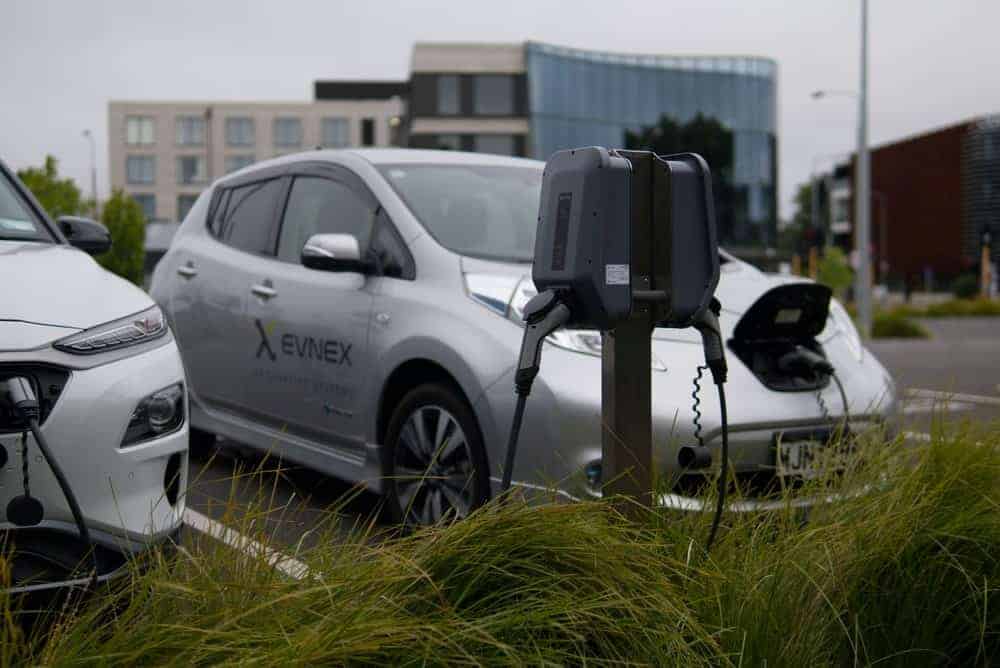
(Photo by Ed Harvey on Unsplash)
As of today, Malaysia has about 300 EV charging stations estimated in the country, with most of them concentrated in Klang Valley and across the west coast. So there is a clear lack of charging stations or charging infrastructure in the country. Therefore, it is definitely a key concern for drivers jumping in to the electric vehicle bandwagon as more full electric vehicle (EV) models emerge in Malaysia’s automotive market. This key concern on the lack of infrastructure adds to what’s called ‘range anxiety,’ which means the psychological uneasiness that one could be stranded on the road caused by the lack of charging stations and the relatively shorter range of EVs compared to the ICEVs (Internal Combustion Engine Vehicles) we’re used to.
2. EV battery range
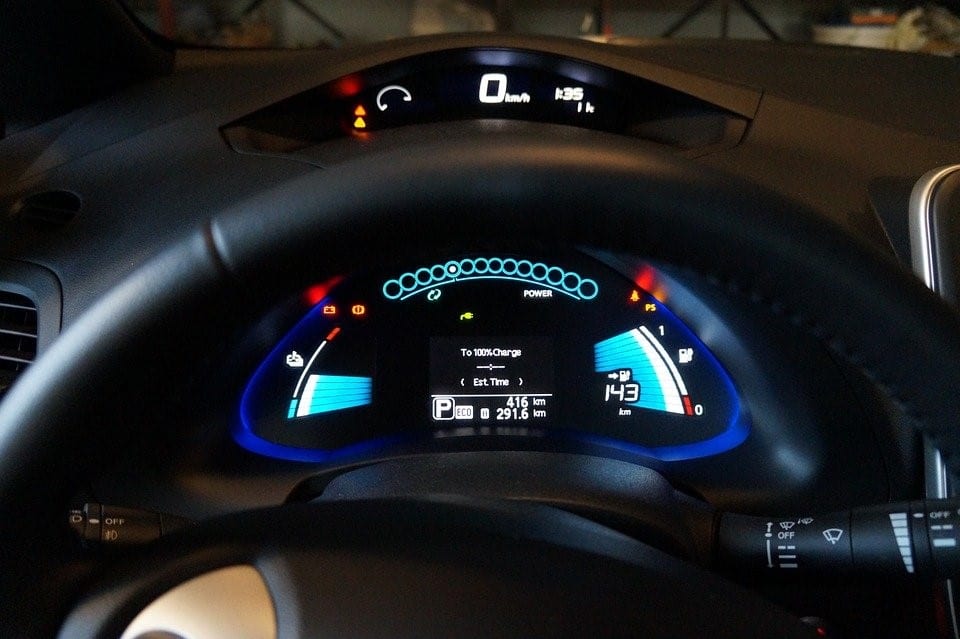
Range anxiety can be lessened knowing that EVs actually have a battery life that can last over 200km at a minimum, there is no need to constantly charge your electric vehicle, especially for city cars. For example, the recently launched MINI Cooper SE has a quoted range of 234 km, while the Nissan Leaf has a range of 311 km, and The MG ZS has an operating range of 335 km per full charge. Most EV cars like these are meant to be daily city cars, so they definitely provide enough mileage for a few days of use, and with most owners having a wall box charger installed in their homes, they can simply plug it in every few days – or every night when the car is parked idle if they’re anxious about it.
3. Public chargers not suitable for full charging
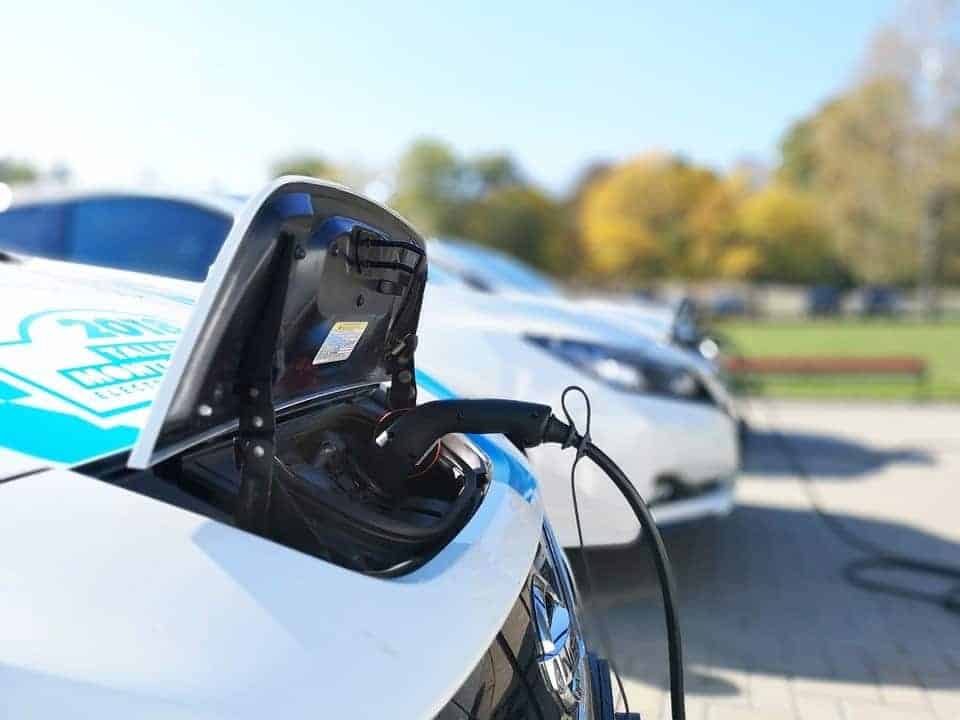
Public chargers are usually slow and not feasible to fully charge EVs other than for emergency purposes, interstate travels, or for topping off only. This is why presently, most public chargers are used by plug-in hybrid electric vehicles (PHEVs) with much smaller capacity batteries.
4. High importance of residential charging
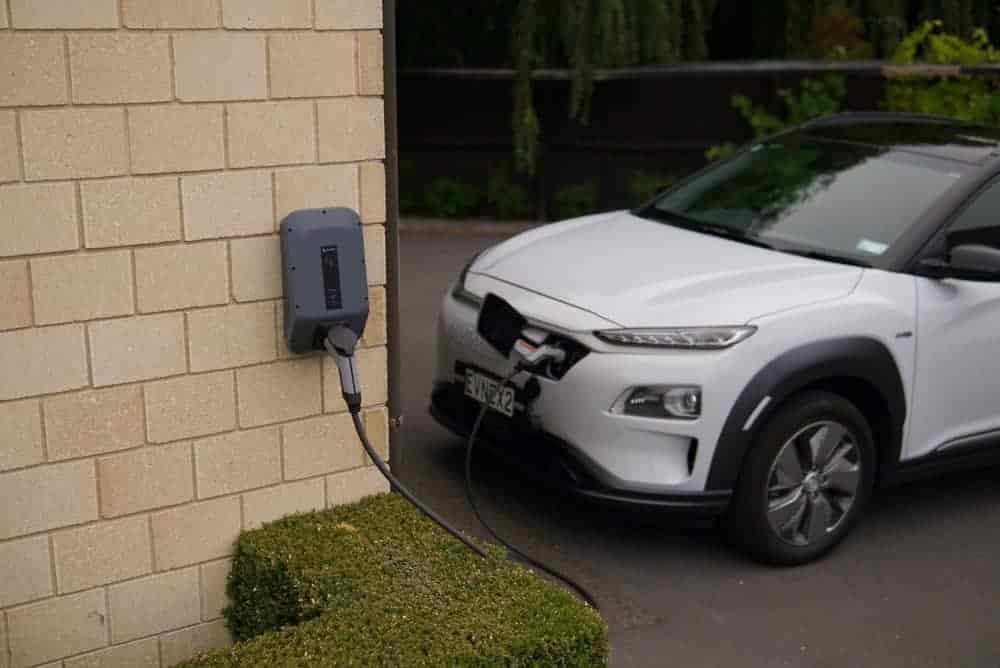
Here’s a bonus. Since public chargers are slow – the availability of having faster-charging EV chargers installed in your residential area and at home is a key aspect to keep in mind when deliberating on owning an EV. Charging at home is the cheapest way to keep an EV running as well. The cost of charging at home for the Nissan Leaf with a 40kWh battery is less than RM 21 per charge. With a real-world driving range of about 250 km, the cost per kilometer is about 9 cents as well (based on the highest residential electricity tariff).
Focusing on sustainability
Mah Sing is taking the initiative as a property developer in preparing for the future by installing EV charging stations at our property developments such as M Oscar, M Luna, and M Adora.
Since the projects are currently under construction and will take 2-3 years to complete, the installation of EV charging stations will be just in time to support this pool of eco-conscious drivers as well as encourage new converts to adopt these greener vehicles.

